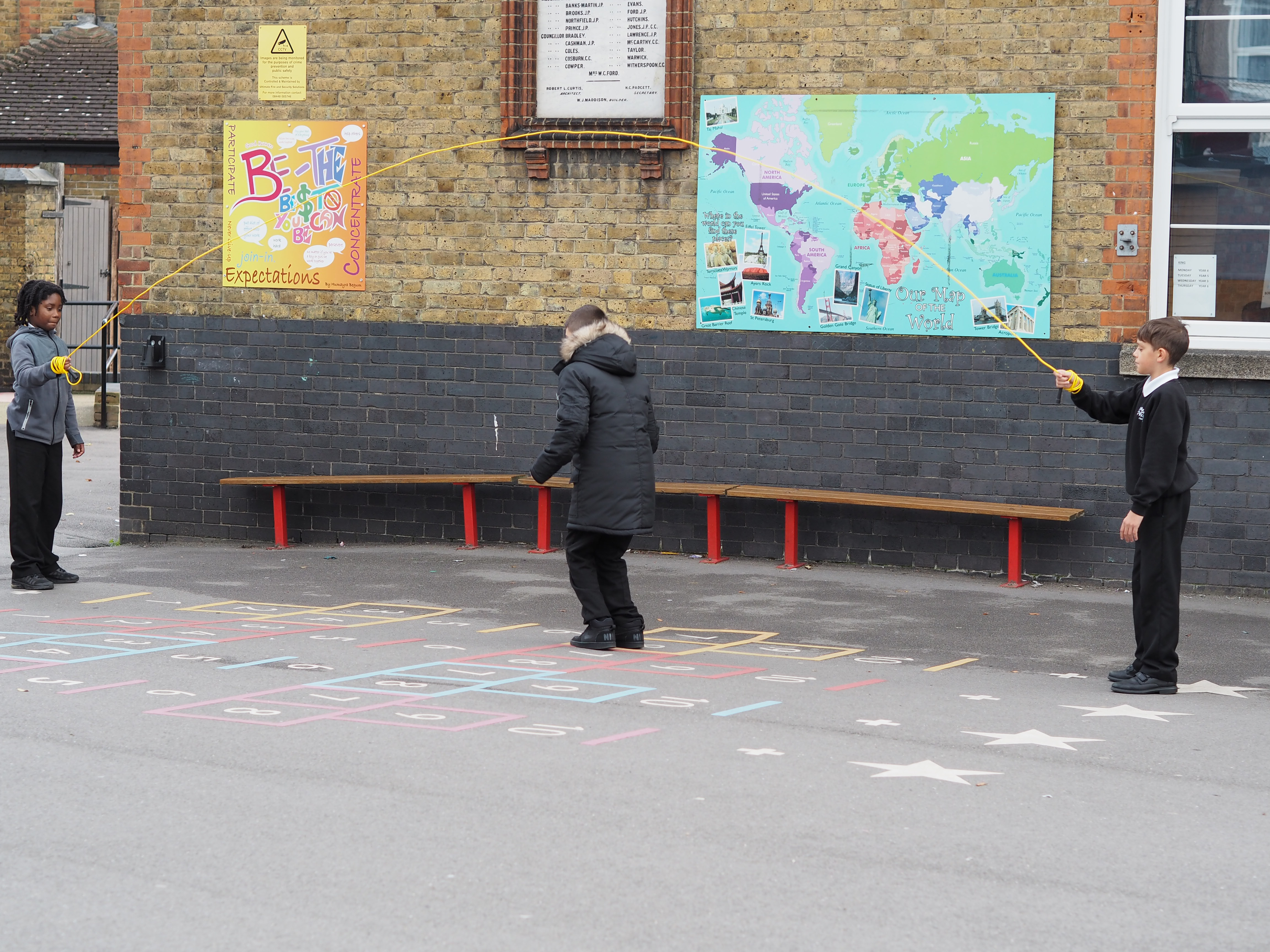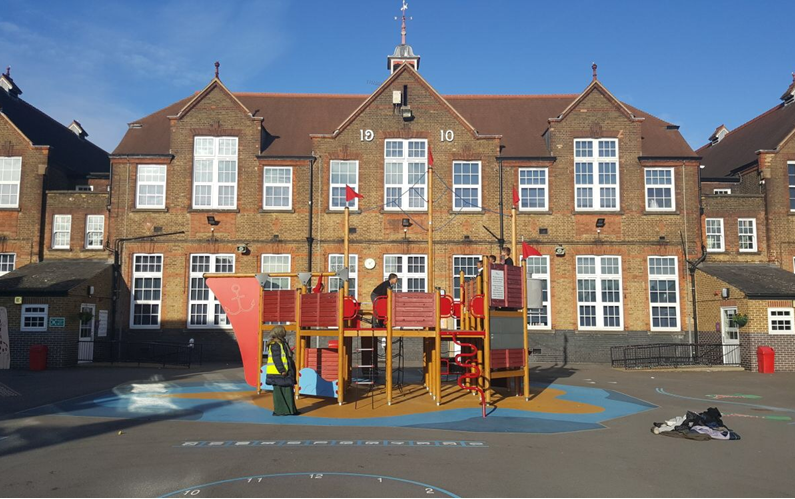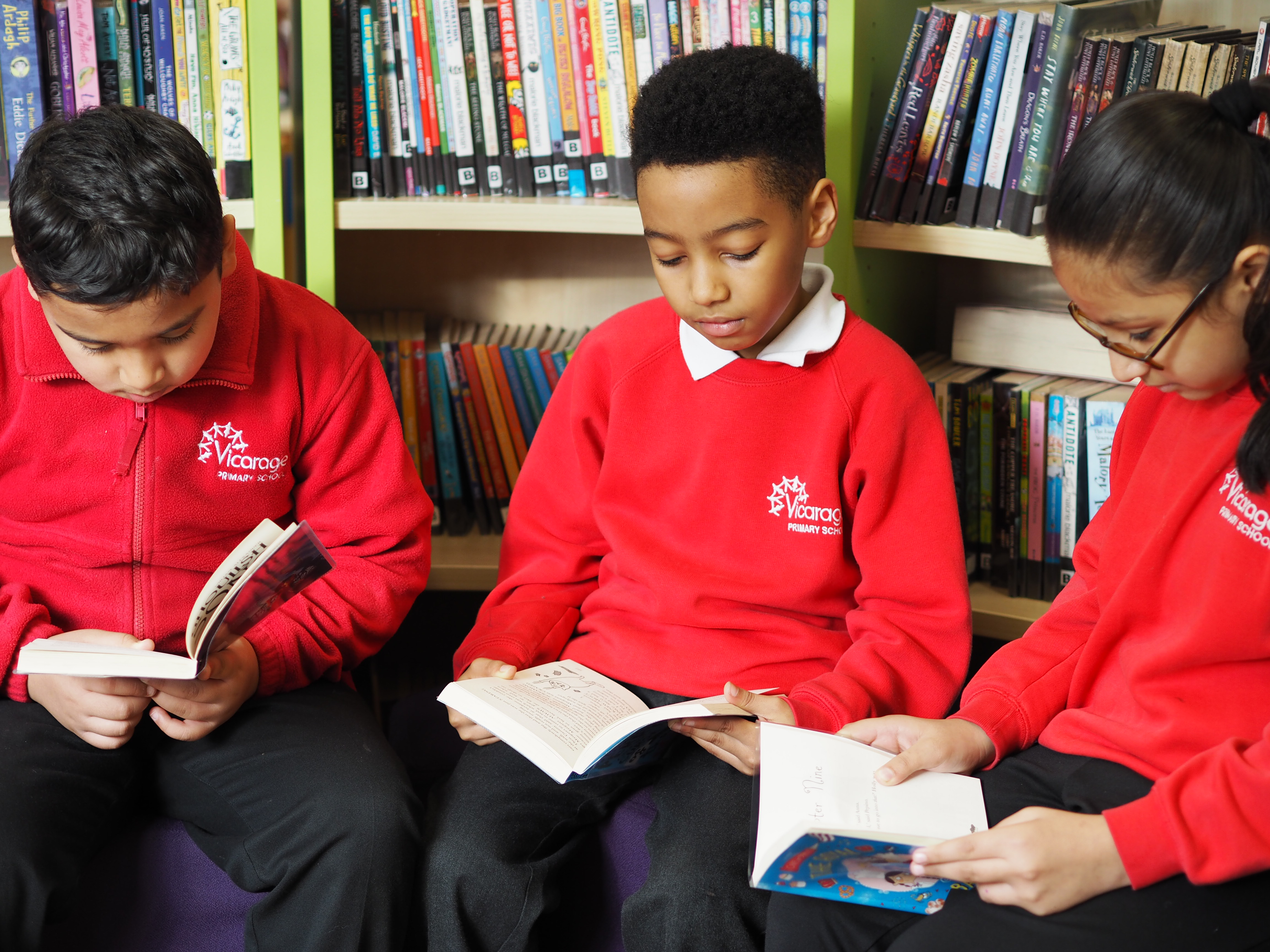“There is so much more out there than what connects to us.”
David Attenborough
As Geographers…
Pupils will:
-
Develop contextual knowledge of the location of globally significant places – both terrestrial and marine – including their defining physical and human characteristics and how these provide a geographical context for understanding the actions of processes
-
Understand the processes that give rise to key physical and human geographical features of the world, how these are interdependent and how they bring about spatial variation and change over time
-
Are competent in the geographical skills needed to:
– Collect, analyse and communicate with a range of data gathered through experiences of fieldwork that deepen their understanding of geographical processes
– Interpret a range of sources of geographical information, including maps, diagrams, globes, aerial photographs and Geographical Information Systems (GIS)
– Communicate geographical information in a variety of ways, including through maps, numerical and quantitative skills and writing at length.
-
Working geographically requires
-
Questioning
-
Finding patterns and reasoning with their findings
-
Understanding and using age appropriate geographical terminology in context.
Aspirations for the future
Pupils develop an understanding of how subjects and specific skills are linked to future jobs.
Here are some of the jobs you could aspire to do in the future as a Geographer
Climatologist
Environmental consultant
Marine Biologist
Commercial/residential surveyor
Geographical information systems officer
Planning and development surveyor
Cartographer
Secondary school teacher
Country and Town planner
Travel agent
Curriculum Documents:
Geography Intent, Implementation and Impact Statement
Geography Curriculum Map
Geography Progression Overview
Gallery






